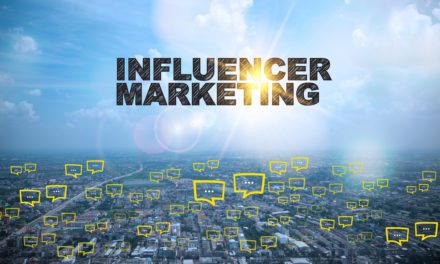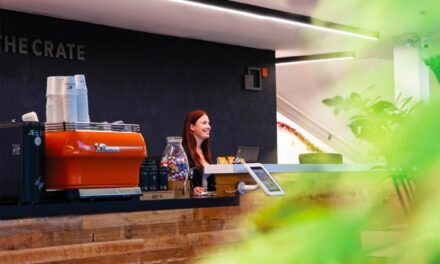The average SME starts from the typical ‘garage’, i.e., the owner invests some dollars and leverages off their experience or training to start their business. Right in the beginning, they ponder on an ideal business name, and usually because their funds are limited, between themselves and their friends come up with a name. It is not uncommon for the business name to be that of the owner.
The business either stays as a one-person operation, so the name sticks or the business grows or is sold and at that point often the name changes. Together with this name change is the realisation that often the founder has far less influence on ‘who’ the company actually becomes. Instead, it is replaced by ‘workers’ who perform the day-to-day stuff, and there is optimism that the new concoction of letters (the new company name) is hopefully memorised by the customers.
Have you ever been in the situation I have just explained above?
How many ‘soulless’ business do you come across in your travels? Are you one of them?
What can we learn from some of the big brands, that even with these large companies, they can take on a personality? From a marketing perspective, this is gold. Personality taps into the emotional triggers that are then far more effective in getting people to engage with your business. So, if big brands, who employ thousands of workers can get this right, so can SME’s.
There are multiple reference points for these big brands who have got powerful personalities working and entwined within their companies. Think about Elon Musk and Tesla, Steve Jobs and Apple, (he passed away back in 2011 and is still synonymous with Apple), Donald Trump and the Trump empire (very diverse thinking on this one, but no one can deny he has a massive following), Jeff Bezos and Amazon, or Bill Gates and Microsoft.
For those who follow my SOAP format on business strategy, the pillars of Purpose, as well as Values are where you should see the personality of the business shining through, and this most definitely can be that of the founder, irrespective of the naming of the business.
When I think of personal branding being entwined with business branding, I am thinking of how your personal story differentiates you (and your business) from your competitors, and what value this adds to them (and the business.)
The leader of the business should completely align with the business brand.
Here are some key pointers to get this right. How do you rate them?

[1] Your authenticity is ‘Always on.’
The basics here are about being consistent, i.e., do what you promise. The moment there is inconsistency with what you say and how you act, so too, does your authenticity fly out of the window.
[2] Identify your business origin story.
Your business today is merely an extension of who you were and who you have become. Customers resonate with the human element behind the business, and your genuine story is usually energising for both you and your employees.
[3] Build a reputation.
What reputation would you like to build for the business, think here about your ‘One Word’ in your SOAP? What are you doing to actively build this reputation?
[4] Build your audience.
Often I hear from business owners that state: ‘Personally, we don’t like social media.’, so their profiles are hidden or non-existent, and their business has a personality-boring, faceless presence. Especially in the USA, Twitter has been heavily exploited for this gain: again think of Trump, Musk, and many more.
To what extent are you building your audience without falling into the trap of keeping you, and your branding, separate from that of your business?
These are just four key areas that you should consider to boost your business brand with personality: one that is likely to stick because it is not made up, it is real and that can never be taken away. The secret is to identify what the origins really are, to commit to bringing personal branding to within the business and to acknowledge that all branding only takes a footing in the long term – you need to stick to it, there is no quick fix here.
Would you like additional input with your business branding? If yes, then for starters we do need to flesh out your SOAP or overall business strategy.













